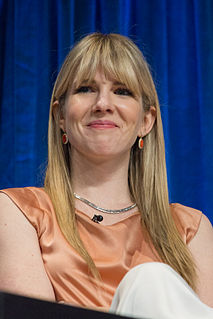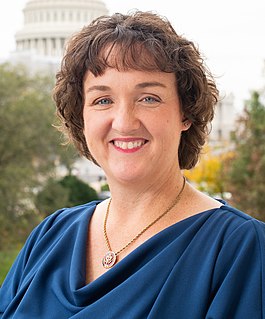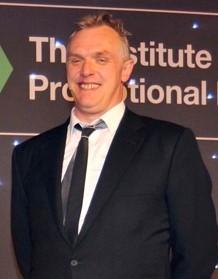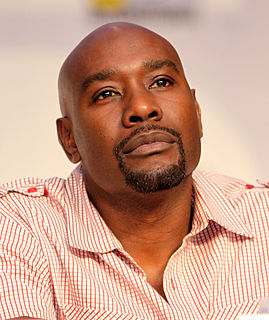A Quote by Lily Rabe
I re-read a lot of my college writing while we were in rehearsals, and it was so strange. It was wonderful to go back and revisit that part of my life. It did kind of make me hungry for it again.
Related Quotes
They did laugh; they did fall in love. And while they were under incredibly oppressive conditions, they constantly were trying to steal pleasures. When you go back to the slave narratives, and you read books like the 'Bullwhip Days' or 'Incidents in the Life of the Slave Girl,' they will share what life was like, and it's a 365-degree view.
I got so discouraged, I almost stopped writing. It was my 12-year-old son who changed my mind when he said to me, "Mother, you've been very cross and edgy with us and we notice you haven't been writing. We wish you'd go back to the typewriter. That did a lot of good for my false guilts about spending so much time writing. At that point, I acknowledged that I am a writer and even if I were never published again, that's what I am."
I did Lois & Clark: The New Adventures Of Superman. It was a sequence where the president got captured and they made a doppelgänger of the president who was kind of goofy. They were Second City people who were the producers and writers, and they told my agent, "Well, we know Fred can do the kind of goofy, but we're not sure he can do be the straight president, kind of the Clinton-esque." So I really got my back up and I called my agent and I said, "Goddammit, I insist that I go in and read." And I did a great job and I got the part.
There is this strange fog of being a young man that I would refer to as soft time. Time does not go forward there. It's a series of doors that kind of wind back into one another, like a series of doors in the upper floor of a house. You revisit the same lessons over and over again, or you choose to ignore them.
And writing comedy and it really taught me how to kind of like craft jokes, it sounds like weird but really focus on crafting jokes and trying to make the writing really sharp. At the same time I did improv comedy in college, and that helped with understanding the performance aspect of comedy, you know, because it's different when you improv something vs. when you write it and they're both kind of part of my process now.
I remember when we were in rehearsals and we were going through it because we rehearsed before we went to Toronto, and it's more of the same. She and I had to deal with a lot of stuff in this movie and we really have to take ourselves there. It actually started in rehearsals, and just revisiting that piece of it all. Just the way Monica is and what she says and the way she looks at me, it really affects me throughout rehearsals and throughout the scenes.
Social life was different for me in college. I didn't go to as many parties as my friends did. I didn't join a sorority because I knew I couldn't make a long-term commitment. I was constantly traveling back and forth from Silicon Valley to Austin for internships. It was hard, but it was worth it for where I wanted to go.
But you know, where did the Brontes go to college? Where did George Eliot go to college? Where did Thomas Paine or Thomas Jefferson or George Washington go? Did George Washington go to college? This idea which we now have that people ought to have these credentials is really ridiculous. Where did Homer go to college?




































